Three cups of tea. And a lot of bullshit?

Often I can't explain why I feel something about certain things. But there is not doubt I felt something strongly about "Three cups of tea". Now I might know why:
Greg Mortenson, the high-profile advocate of girls' education in Afghanistan and Pakistan, has been forced to defend his best-selling book "Three Cups of Tea: One Man's Mission to Fight Terrorism and Build Nations ... One School at a Time," against charges that key stories in it are false.
Mortenson shot to international fame with the book, which describes his getting lost in an effort to climb K2, the world's second-highest peak, being rescued by Pakistani villagers in the village of Korphe and vowing to return there to build a school for local girls.
He also claims to have been captured by the Taliban and held for several days before being released. (...) however -- Jon Krakauer of "Into Thin Air" fame -- told a CBS "60 Minutes" investigation that aired Sunday that the story is not true.(..)
Mortenson's record of charity and his tales of derring-do have helped fuel the Central Asia Institute. The organization recorded income of $14 million in 2009 (...) However, in 2009, less than half of that money -- 41 percent -- actually went to building schools in Afghanistan and Pakistan, according to the institute's board of directors.(...)
The institute also says $1.7 million went to promote Mortenson's books in the form of advertising, events, film and professional fees, and some travel. It said the contributions generated by Mortenson's promotional events "far exceed the travel expenses." (Source)
Over the past years, several people recommended I should read Mortenson's book, "Three cups of tea". A Friend lent me the book, saying "You might not like it". And I didn't.
I read the first twenty pages and had to put it aside. I tried to continue reading it several times, but I could not. I can't say why exactly. There was a fake ring to the whole story. There was a fake smile on the guy's face. And I surely have an issue if anyone promoting girls' education, likes to pose with his wife and kid, and a couple of AK47's... And proudly publishes the picture in one of his books.
Above all, I smelled "CIA" all over. Winning the hearts and minds of people. With loads of American dollars.
Next! Read the full post...









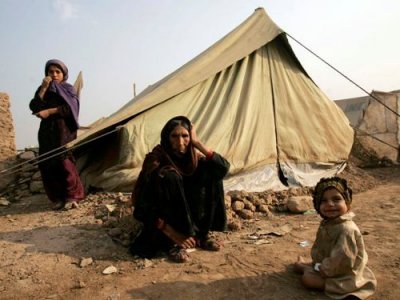
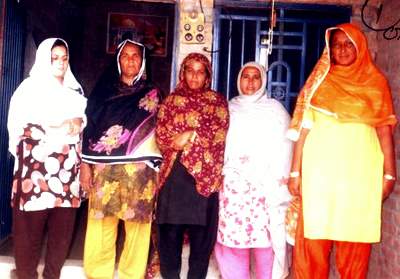
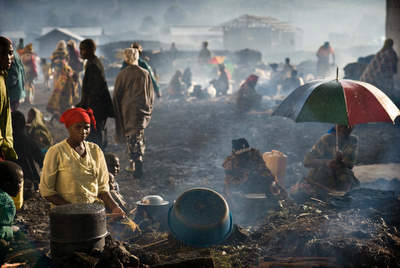
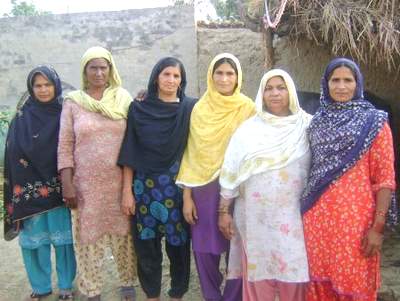
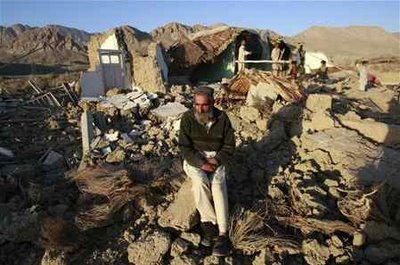
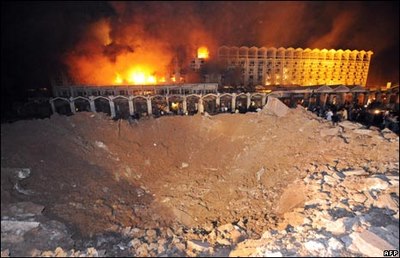
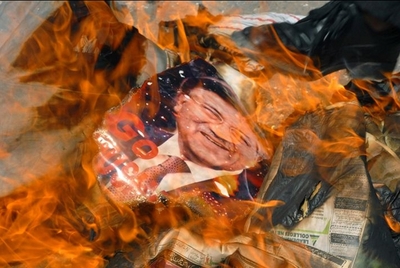

 Peter. Flemish, European, aid worker, expeditioner, sailor, traveller, husband, father, friend, nutcase. Not necessarily in that order.
Peter. Flemish, European, aid worker, expeditioner, sailor, traveller, husband, father, friend, nutcase. Not necessarily in that order.
The Road's Dashboard
Log in
New
Edit
Customize
Dashboard